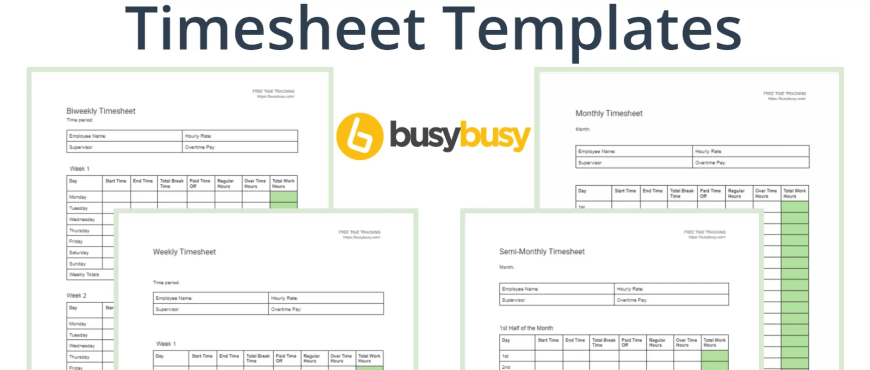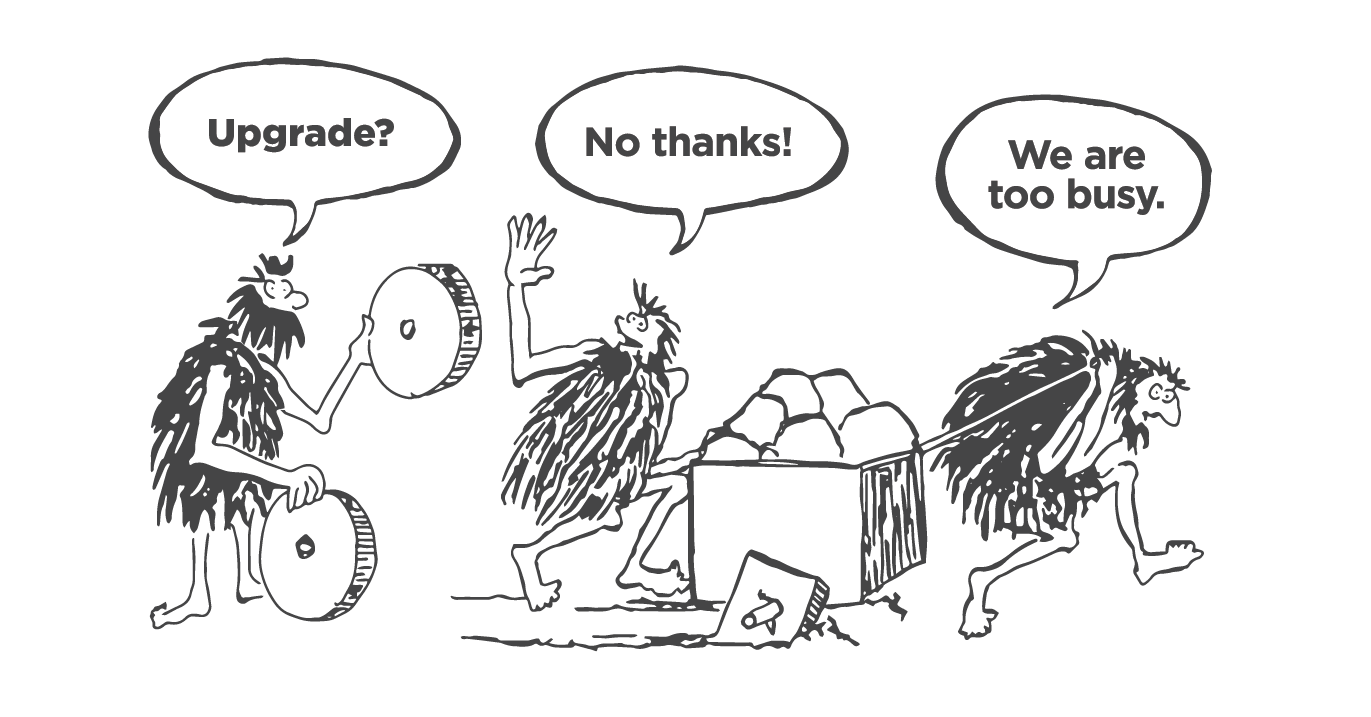
A common issue companies face is how to keep track of their employees’ work hours. Time management is key to better productivity and efficiency. But without the right tools, there’s no way you can check if your employees are maximizing their hours for their daily tasks. Hence, you need time tracking software to keep track of your employees’ time and productivity at work.
Demand for Time Tracking tools
More businesses invest in apps and computer software over paper documentation in today’s digital age. The days of manual monitoring and computations are fading away.
New technology provides different and more convenient ways to monitor your employees’ work hours. A recent study predicts that the demand for time tracking apps for businesses will reach $31.88 billion by 2028. This boost in demand is brought by the rise in remote and hybrid workplaces worldwide.
Benefits of a mobile time tracking software
1. Increases productivity
Employees don’t usually keep track of their own time while working. As a result, they have little or no idea of how productive they are within a day. Through a time tracking app, they can now see how much work they can put in within a period. This gives them a more detailed view of their day-to-day productivity.
You can also use time tracking software to gain insights into your employees’ performance. It shows you the areas where productivity is lower than others so that you have an idea of how you can improve your workflows. This also allows employees to review their own productivity and efficiency at work. It shows them how much time they spend on each task, allowing them to plan their schedule accordingly and efficiently.
Time tracking software also paves the way for automation. Employees don’t have to spend time manually computing their total work hours because the software will do it for them.
2. Better time management
Time tracking software helps employees set realistic goals for themselves at work. It lets them know how long to finish certain tasks by comparing previous timekeeping information. This allows them to give better approximations to their team leaders or manager when they can submit work. This also makes it easier to plan your schedule ahead of time to make sure that you can get more work done in a day. These same benefits are used to help estimators be far more accurate with bids.
You can further streamline your time management by using scheduling software. This keeps track of your day-to-day activities and reminds you of any important deadlines or submissions you need to accomplish for the day. Scheduling software can also manage your appointments to prevent double bookings or cancellations. Your scheduling software can also let you know what tasks to prioritize to avoid delays in your projects.
3. Provides transparency
Keeping an eye on your employees is tough. Most of the time, you’re not sure what they are even doing at work. This becomes even more difficult due to remote work. With a majority of employees working from their respective homes, team managers and supervisors can’t check up on their members’ activities during work hours.
Thankfully, companies can now use mobile time tracking software to monitor their employees’ performance at work. Other mobile time tracking software even has a GPS feature to keep track of your employees’ whereabouts to make sure that they are where they should be for work. Some apps allow employees to upload photos to show the progress of their projects or screenshot their screens to prove that they are doing work.
With time tracking software, you can trust that your employees are being productive during work hours.

4. Boosts workplace’s flexibility
The most important reason why you need mobile time tracking software and not just any ordinary time tracking software is its versatility and flexibility. Ordinary time tracking software needs to be installed or accessed on laptops or desktops before you can access its tools and features. As we all know, it’s not practical to carry laptops or desktops around especially if you work in industries like construction work or fieldwork.
But with a mobile time tracking app, your employees can log in their work hours anytime and anywhere. All they need is their smartphone or tablet to access their time tracker online. From there, they can credit their work hours for the next payroll. It ensures that every time they spend on work is accounted for.
Depending on the business size, you may also benefit from using ERP software for your organization to boost workplace flexibility. Modern ERPs are cloud-based, meaning you don’t have to install an on-premise system. An ERP is a reliable solution that integrates all aspects of your business, especially if it integrates with your existing systems.
5. Bill and pay accurately
By capturing accurate timekeeping information, you can also improve payroll management and ensure that all your employees get fair and accurate compensation for the work they put in.
You can export data from your time tracking software into your payroll management tools to make sure your computations are accurate. This minimizes errors in computations and redundant bookkeeping practices so that you don’t end up underpaying or overpaying your employees.
The best mobile time tracking app can also serve as an employee self-service portal where they can send requests for overtime, half-days, and leave of absence. This streamlines employee experience and provides transparency concerning payroll.
Choosing the right time tracking software
Employees value their time more than anything else. In fact, a PwC study shows that employees’ top-most concern is flexibility and autonomy. Keep them happy and satisfied at work by making sure they can optimize their work hours so that they can have more time to themselves.
Time tracking software allows your employees to keep track of their productivity throughout the day. It also gives them insights into how much time they spend on a certain task, making it easier for them to allocate their time wisely and smartly. As a result, they can do more work during work hours and then spend the rest of their day focusing on their personal needs and demands.











